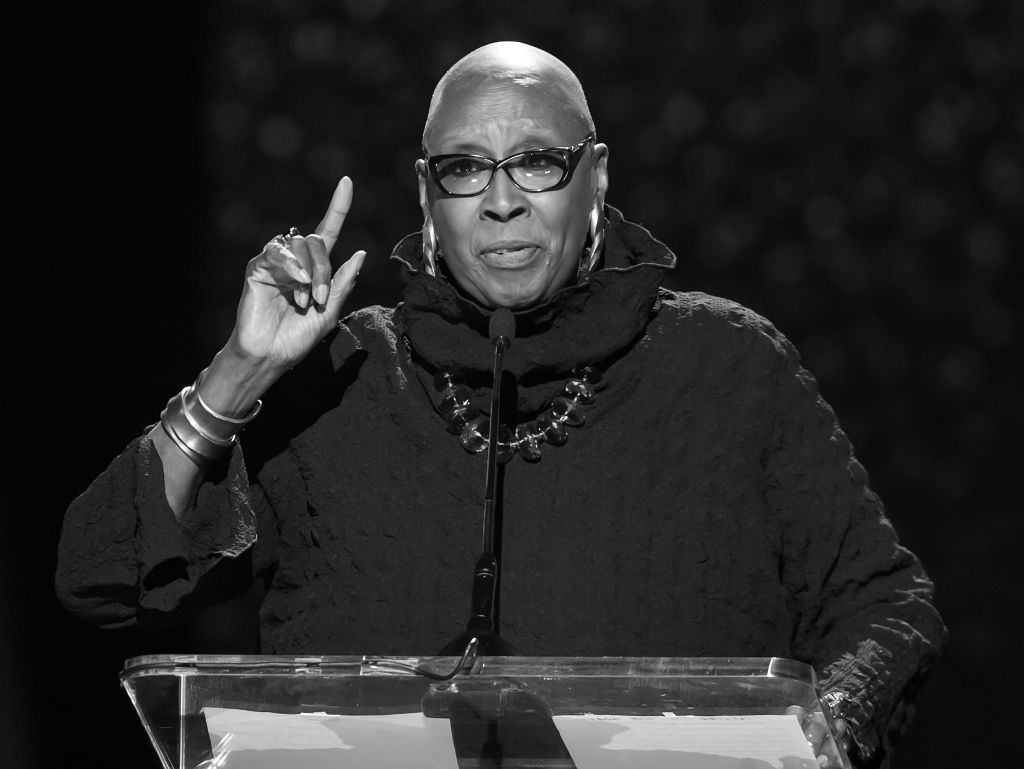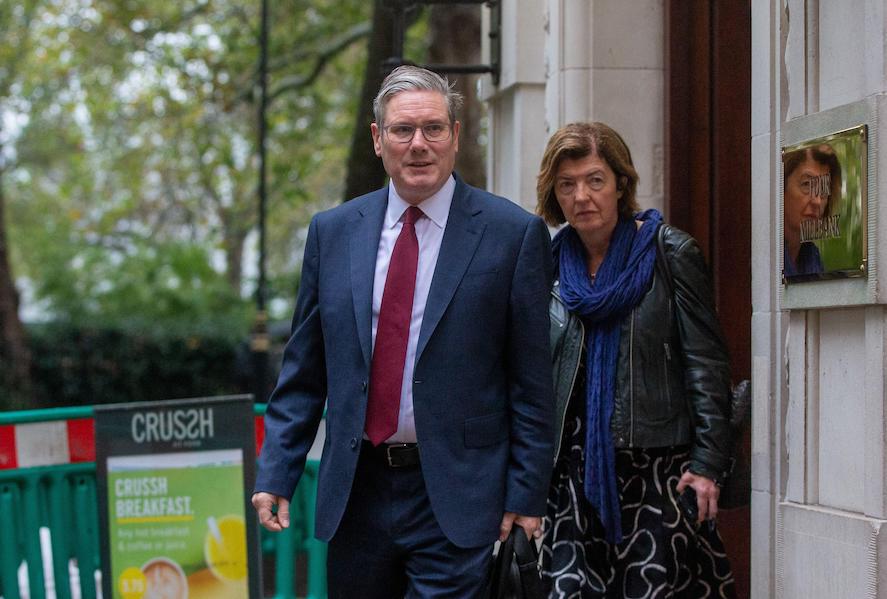The Morrison government has been warned its plan for carbon neutrality by 2050 will fail if it is solely reliant on investing in new technology.
The Grattan Institute’s Towards Net Zero report, released on Monday, has suggested the Australian government would need to pull many other policy levers to reach net zero, including vehicle emissions standards, energy efficiency obligations and rules on use of carbon credits.
The report’s lead author, Tony Wood, suggested that the Morrison government’s net zero plan, announced on Tuesday, failed to show how emissions reduction would be achieved outside the electricity sector.
Scott Morrison will attend the Cop26 climate talks in Glasgow from Monday without an increased 2030 emissions reduction target, despite international pressure from the UK, EU, US and Pacific island nations to significantly increase ambition.
The Pacific Islands Association of Non-governmental Organisations has urged “rich” nations to “move significantly faster to reduce global emissions by 2030” in order to limit temperature rises to 1.5 degrees. They have warned that heating beyond that would be “devastating for our region and some of our countries in the Pacific would be under the ocean”.
It urged that developed nations phase out fossil fuel production, which Australia has opposed at the G20, leading into Cop26.
The Grattan report noted that while Australia was on track to beat its 26 to 28% 2030 emissions reduction target, more must be done today to reach the 2050 goal.
It proposed expanding the emissions reduction fund (ERF) and limits on big emitters in the safeguard mechanism, investment in the electricity grid, and rules around carbon credits to help build a market for them.
Under the Morrison government plan, $20bn will be spent over the next decade investing in technology including an extra $2bn of emissions reductions bought through the ERF.
The energy minister, Angus Taylor, has suggested similar investments would be needed by future governments in coming decades but declined to nominate a total cost.
But the Grattan report warned that in the medium to longer term “such funding from governments will be unsustainable and regulation should have a limited but valuable role”.
“More ambitious emissions reductions targets are likely to be required.”
Wood told Guardian Australia the Morrison government plan “doesn’t get you towards net zero by 2050”.
“The assumption in Morrison’s thinking … is that all you have to do is spend money on the technology then it becomes cheap enough to be adopted. In some cases it is, but in many cases it’s not.”
Wood cited carbon capture and storage and use of green hydrogen with renewables as processes that “cost more”, a “green premium” that would have to be paid through a carbon price, whether direct or indirect, such as Australia’s current subsidies.
The Grattan report noted that over the next decade electricity emissions are projected to fall substantially, but the next four largest emissions sources in Australia will either grow or plateau at best.
Wood said with an estimated cost of $20 a tonne to reduce emissions there was “no way known” the government could expand subsidies to cut 500m tonnes a year to reach net zero, it is “beyond comprehension”.
“The better way is to have industry do it, because they’ll find cheaper ways to do it than the government will … I don’t have problem with the ERF but, like the technology plan, it’s not enough.”
The report argued the first step should be to stop subsidising developments that will increase future emissions, citing the Beetaloo Basin and Carmichael coalmine as two sources that should not be supported by taxpayer funds. In addition to investing in technology, the government will also need to actively discourage high-emissions technologies and if necessary, disallow them.
Wood said helping these projects is like putting “your foot on accelerator and your other foot on the brake”, arguing there is “no justification” for subsidising a “straightforward commercial project” like the Beetaloo Basin gas development.
Sign up to receive the top stories from Guardian Australia every morning
The Grattan report called to relaunch the Climate Change Authority with a formal remit to advise on emissions budgets and track progress to net zero.
Ahead of the United Nations-led climate summit in Glasgow, the British prime minister, Boris Johnson, who is the host of the gathering, has urged leaders to come with serious commitments.
On Saturday the UK government’s climate change adviser launched a scathing attack on Australia’s net zero commitment.
The Climate Change Committee chair, Lord Deben, told the BBC there was “no indication” that Morrison had a plan to deliver on the commitment to net zero that was “squeezed out of him”.
Australia’s net zero plan has also been criticised by experts who warn it relies on a “gross manipulation” of data that suggests trees and soil can absorb far more carbon dioxide than is actually possible.



















Discussion about this post